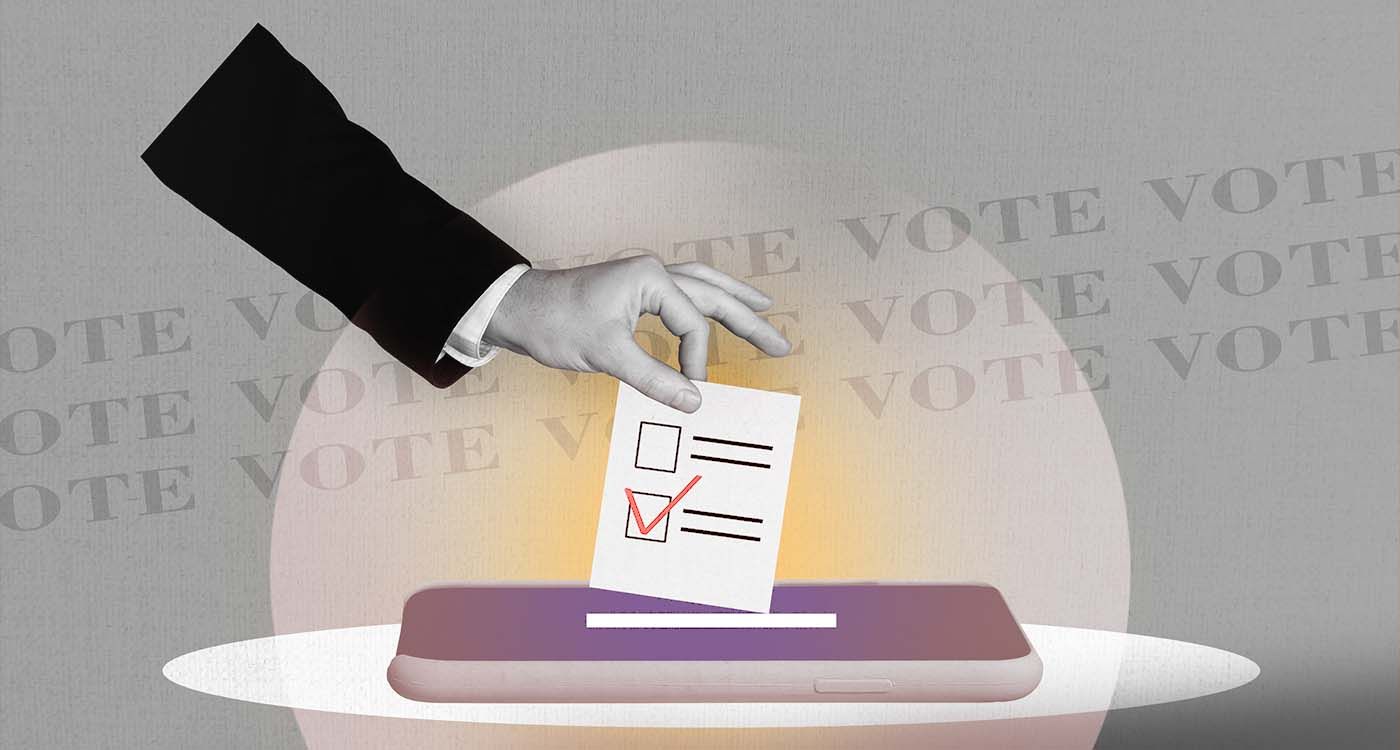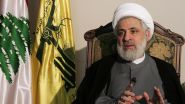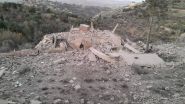
Lebanon’s parliamentary elections, scheduled for spring 2026, face an unprecedented delay as political actors across the sectarian spectrum weigh their strategic interests. For the first time in the country’s history, postponing the elections appears to be a shared goal. All parties are unprepared, whether directly or indirectly, to hold the vote as planned and would favor a delay of one or two years to strengthen their positions and create more favorable conditions ahead of the elections.
The Shia duo illustrates this dynamic. Despite strong popular support, it suffered a significant setback during the recent war and is currently more focused on security concerns than on elections. It needs time to manage the aftermath of the conflict, even though its core support base remains solid. While the risk of a major breach within the Shia constituency is minimal, certain areas remain vulnerable if a political agreement is reached to redirect votes or exchange seats. Nevertheless, Shia votes can generally be strategically managed to prevent such disruptions.
Among the Sunni community, the situation remains highly uncertain. Political cohesion is weak amid major regional shifts, and no Sunni leader has emerged with the ability to unify the community. The growing influence of Saudi Arabia in Lebanon, combined with Ahmad al-Sharaa’s rise to power in Syria, has heightened tensions and stirred strong emotions among Lebanese Sunnis, who see this as an opportunity to move beyond the previous Alawite-dominated regime that oppressed Sunnis both in Syria and, indirectly, in Lebanon.
Within the Druze community, Walid Joumblatt has little interest in holding elections at this time. He seeks to consolidate his position following the unrest caused by his stances on the Sweida events, which undermined his authority among the Druze and provoked anger among community elders and members.
The Christian political scene is complex, with public statements on the possibility of postponing elections often diverging. However, behind the scenes, the two strongest parties, the Lebanese Forces (LF) and the Free Patriotic Movement (FPM), both seek additional time before holding parliamentary elections.
The FPM aims to strengthen its role in the opposition and recover seats lost during its lowest point of popularity in the last parliamentary elections, a decline tied to Michel Aoun’s presidency and the aftermath of the Thawra, or revolution. Reformist MPs likewise need time to reorganize, restore their standing, and resolve internal disputes while addressing unmet voter expectations that have weakened their position.
The LF takes a different view. They see a delay as advantageous because it would allow the next parliament to elect a president after Joseph Aoun’s term ends in 2031. Holding elections now would mean that the Parliament elected in 2030 would be responsible for choosing the next president.
Despite the variety of public statements, the only clear insistence on holding elections currently comes from the president, who seeks to uphold the Constitution and protect institutions during his term. However, the ultimate decision lies with Parliament, limiting his ability to act unless unforeseen developments occur before May that could alter the broader political landscape.



Comments